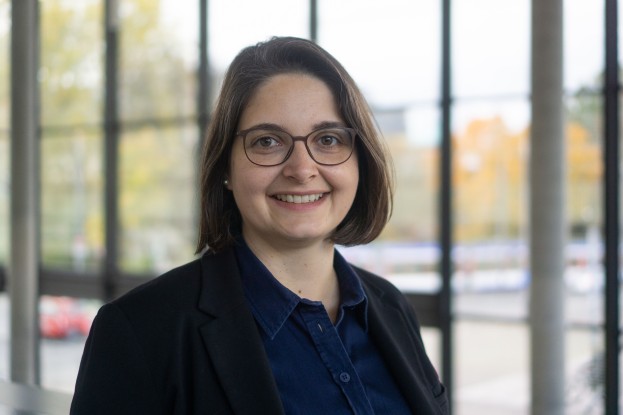Learning Large-Scale Collaborative Transportation for Aerial Drone Swarms
The exploration of large-scale routing problems holds substantial significance within the burgeoning domain of aerial drone swarms, which have witnessed increased prominence in both research and commercial applications in recent decades. Particularly in scenarios requiring collaborative task execution, such as the transportation problem, the computational complexity escalates rapidly. The realm of large-scale cooperative optimization, specifically in the context of deep learning, remains underexplored due to inherent challenges, including an expansive search space, limited availability of training data containing optimal solutions, and constrained architectures for capturing interactive agent behaviors.
This research project endeavors to address these challenges by delving into the intricate domain of large-scale collaborative transportation for aerial drone swarms. The primary objective is to harness reinforcement learning methodologies to learn joint policy representations, enabling the generation of near-optimal solutions for cooperative Unmanned Aerial Vehicle (UAV) transport. Subsequently, participants will be afforded the opportunity to implement the devised algorithms on actual drone swarms within our Dronelab. In the course of experimental evaluation, a lightweight mechanism can be constructed to fulfill the collaborative transport task. While the secondary objective is not mandatory, it contributes to advancing our understanding of deep learning applications in addressing complex collaborative optimization challenges.
Through the amalgamation of reinforcement learning techniques and joint policy representations, the project seeks to unlock novel insights into the optimization of collaborative UAV transport, pushing the boundaries of current research paradigms. The outcomes of this investigation not only promise advancements in the field of aerial robotics but also have broader implications for the broader spectrum of cooperative autonomous systems.
Additional Information
| Project Capacity | Two IREP student |
| Project available for | Spring, Summer and Fall 2024 |
| Credits | 18 |
| Available via Remote | No |
| Project Supervisor | Kai Cui, Mengguang Li |



